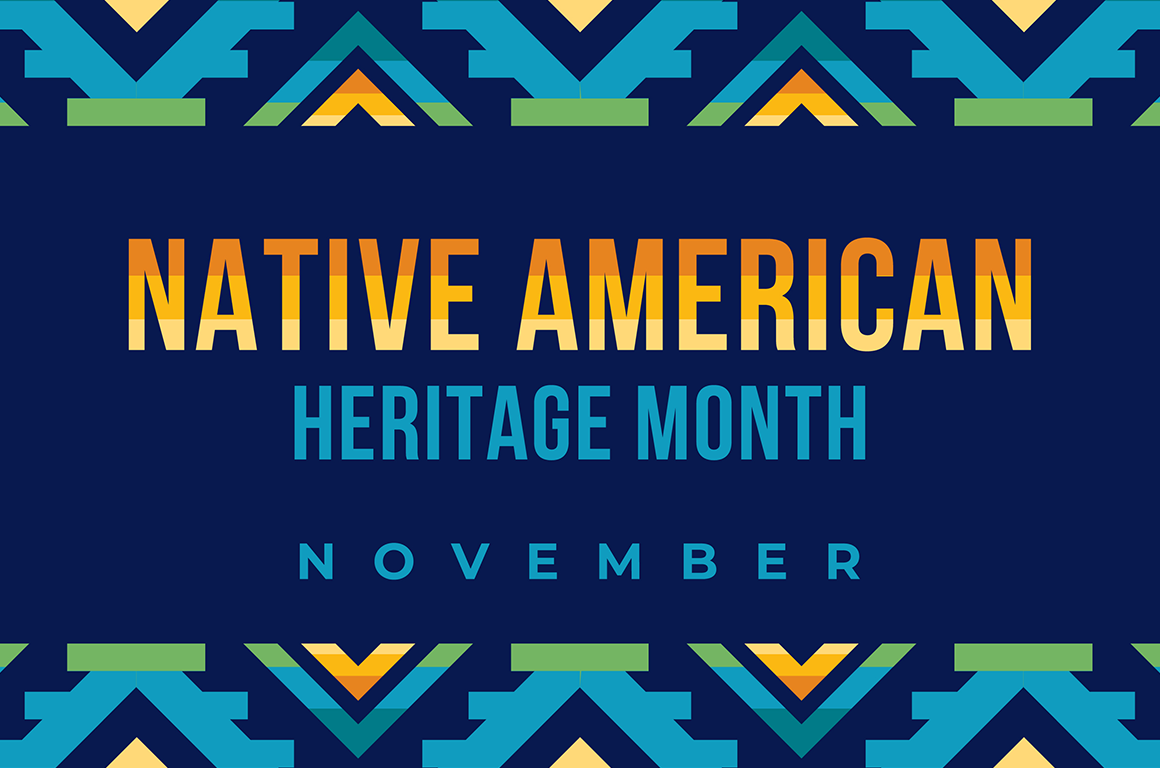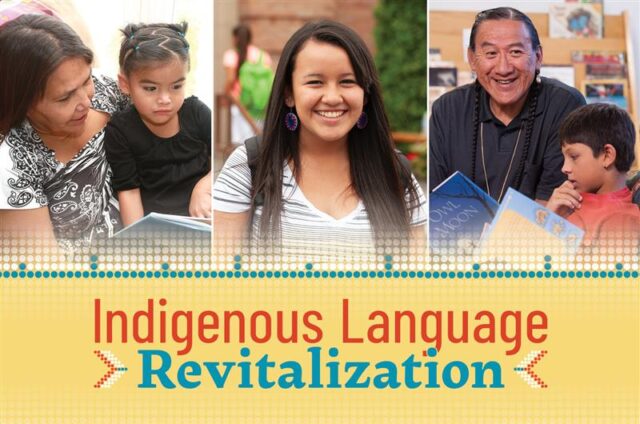November is National Native American Heritage Month, a great opportunity to acknowledge American Indians and Alaska Natives in the United States. In October 2022, in his National Native American Heritage Month proclamation, President Biden upheld America’s obligation to recognize Indigenous people across the world:
“We celebrate Indigenous peoples past and present and rededicate ourselves to honoring Tribal sovereignty, promoting Tribal self-determination, and upholding the United States’ solemn trust and treaty responsibilities to Tribal Nations …”
Nearly three months after the President’s proclamation, on January 31, 2023, the United Nations (UN) Economic and Social Council’s Permanent Forum on Indigenous Issues distributed a report titled Indigenous Determinants of Health in the 2030 Agenda for Sustainable Development (PDF, 244 KB, 20 pp).
The report highlights Indigenous peoples’ outlook that all things in existence are interconnected, leading to a unique, Indigenous understanding which differs from that of non-Indigenous peoples.
Additionally, the report acknowledges the direct link between Indigenous peoples’ health and the presence of multigenerational trauma—a connection carried forward by generations that did not directly experience the trauma or the historical events.
Other key takeaways from the report are as follows:
- Health is a human right and is tied to economic, social, and political justice
- Simply being Indigenous places an individual in a category for unique consideration
- There is risk identified in being Indigenous, but there are tremendous protective factors
- Responses to Indigenous issues must be Indigenous-driven at their core
- Consultation with Indigenous leaders must occur across governmental jurisdictions
Finally, the report concludes with a restatement of its purpose: To serve as a foundational framework to guide UN Member States and UN-related Agencies as they move forward with their endeavors on Indigenous issues and their efforts to achieve goals listed in the 2030 Agenda for Sustainable Development.
At Kauffman and Associates, Inc., we see this as a call to action—and we hope you will too, as it’s intended to “jump start” indigenization efforts at local, national, and international levels.
Thanks for reading.
Anna Whiting Sorrell
Confederated Salish and Kootenai Tribes
Health Policy Advisor at Kauffman and Associates, Inc.



